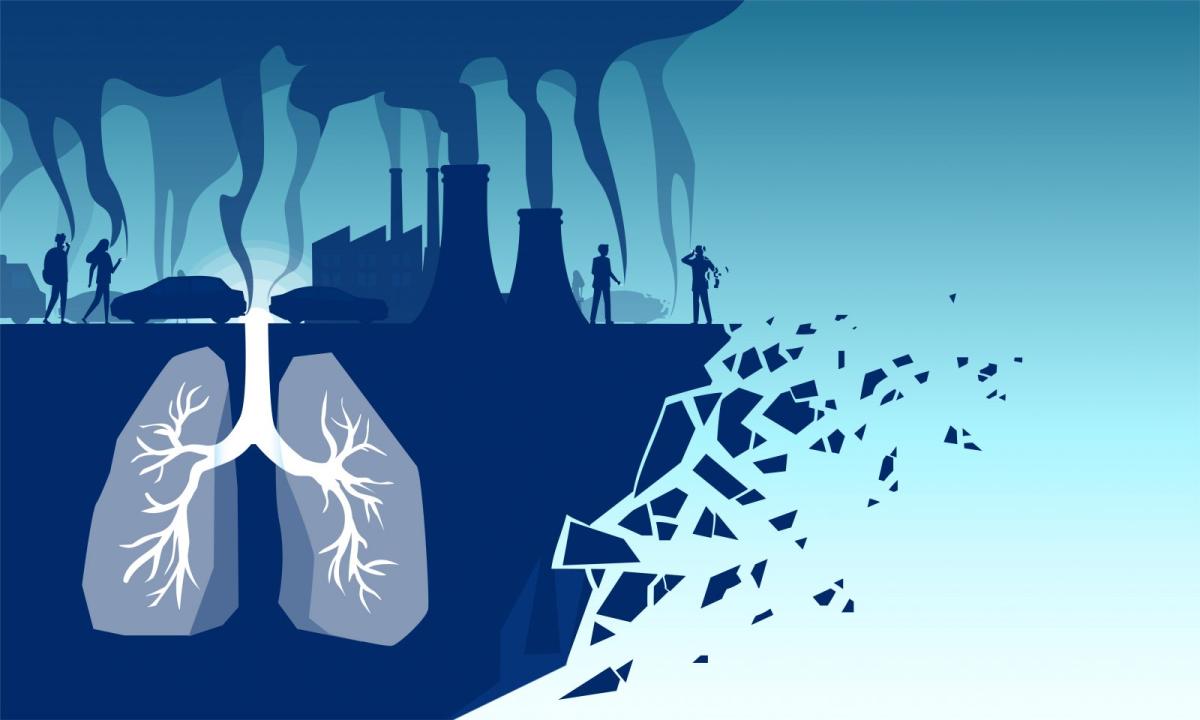In December, a British coroner ruled that the cause of 9-year-old Ella Adoo-Kissi-Debrah’s death in 2013 was “toxic air pollution.” On its face this may not seem all that important, given that an estimated 7 million people die annually from air pollution and more than 90 percent of the world’s population breathes in hazardous air every day. And yet Ella’s certificate of death is the first to formally list toxic air pollution as the cause of death.
Ella’s case is part of a growing recognition that human-produced toxic pollution is causing a substantial global health crisis, and it has substantial implications for environmental policymaking and for the legal liabilities that pollution producers may face in the future.
If the recent cases surrounding glyphosate — the herbicide pioneered by Monsanto in its infamous Roundup weedkiller — are any guide, Ella’s case could trigger a potential windfall of cases. After a California court awarded $289 million in damages to Dewayne Johnson, a groundskeeper who used glyphosate for decades, civil cases mounted by the thousands. As a result, Bayer, which acquired Monsanto in 2018, agreed to a $10 billion settlement for all other c... Read more
